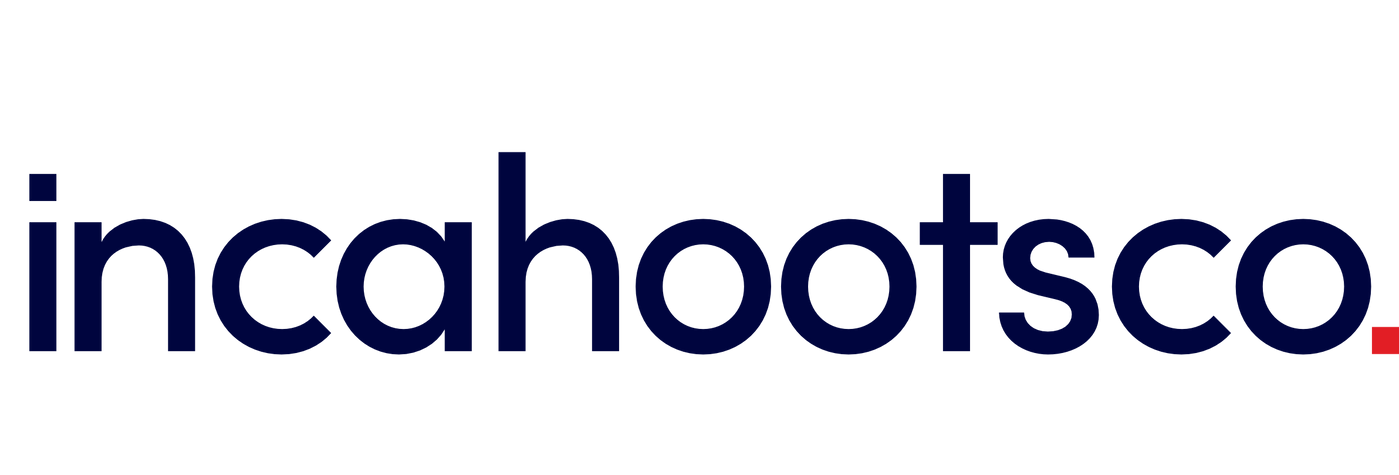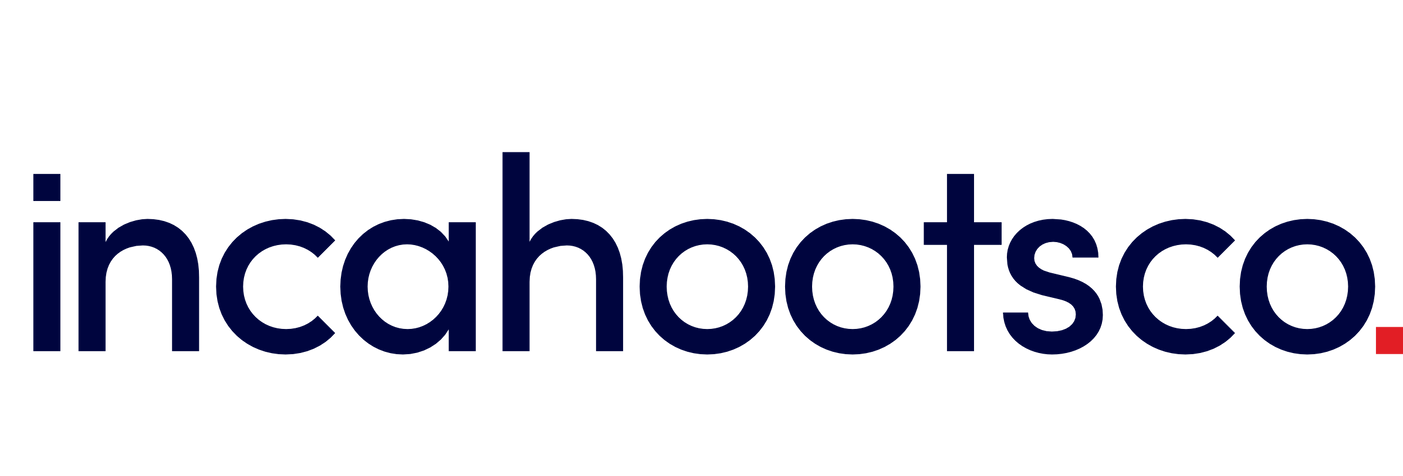Be seen. Be heard. Be found.
How to Do Digital Marketing for a Small Business
Digital marketing can feel overwhelming for small businesses, but it’s essential that you are found via online channels.

While it can seem overwhelming, with the right approach, any business can grow its presence, connect with customers, and boost sales. But where do you start?
Here’s a quick guide to getting started with digital marketing for small businesses, whether you’re doing it on your own or looking to bring in a boutique marketing agency with the tools and expertise you might not have in-house. Let's break it down!
Build a Functional and Attractive Website
Your website is your digital storefront (or office front) and for potential customers, it’s often their first impression of your business, so you’ll want it to be both functional and attractive. Here’s how to make sure it’s ready to convert visitors into customers:
- Choose the Right Platform: Platforms like WordPress, DUDA and Shopify offer flexibility and e-commerce capabilities, making them ideal for small businesses.
- Focus on Design and Usability: A clean, professional look paired with easy navigation is crucial. Mobile optimisation is non-negotiable—more than half of online traffic is mobile and growing particularly in Australia.
- SEO Fundamentals: A well-built website is optimised for search engines. This involves using relevant keywords, optimsing load times, and creating clear navigation paths that search engines love.
- While we are on that topic, in 2024 it's also important that you rank in BING ... as AI platforms like ChatGPT source information from their allied search engines.
Not sure where to start? A boutique digital marketing agency can help here. Small agencies often have web developers with specialised technical knowledge, so they can create a polished website that’s SEO-ready right out of the gate.

Create Email Campaigns — and Automate Them
Email marketing is one of the most effective ways to keep in touch with your customers and is often forgotten about by small business. It’s also a low-cost way to nurture leads and encourage repeat purchases.
- Build Your List: Start by collecting emails through your website and in-store, if applicable. Offer a small incentive, like a discount code, in exchange for sign-ups.
- Automate Follow-Ups: Email marketing automation can help you stay in touch without manual work. You can set up “welcome” sequences, follow-ups after purchases, and even re-engagement campaigns for customers who haven’t bought in a while.
If you are time poor, a boutique agency or freelancer can set up and manage your email campaigns with ease. They often have access to advanced automation tools that help segment and target your audience more precisely than standard tools allow.

Pay for the Right Advertising
Paid ads can help get your business in front of new customers quickly, especially if you’re targeting local or niche markets.
- Search Ads: Google Ads lets you target people searching for your services. You can control the budget, choose your keywords, and measure results accurately.
- Social Media Ads: Facebook, Instagram, and other platforms allow precise targeting based on demographics, interests, and behaviors. These platforms offer fantastic opportunities to reach highly specific audiences.
Setting up and managing paid ads effectively can be tricky, which is why it might make sense to work with a someone who know's ads. They bring expertise in targeting and analytics, ensuring you’re getting the most for your budget.
Build Your Social Media Presence
We're all content creators now right? Sure feels like it ...
Social media is essential for building brand awareness and engaging with your customers. For small businesses, it’s about creating a community rather than aiming for a vast follower count.
- Choose Your Platforms: Focus on the platforms your audience uses most. For instance, if you’re a visually-driven brand, Instagram may be key, while LinkedIn might work better for B2B businesses.
- Post Consistently: Regular posts keep your brand top of mind. Consider using a social media calendar to plan out posts and stay organised.
- Engage with Followers: Social media isn’t just about pushing content; it’s about engaging with customers. Reply to comments, answer questions, and encourage conversation to build loyalty.
Social media can be time-consuming, but if you need a hand (so you can focus on your business) people with social media expertise can take over or assist, helping you with content planning, scheduling, and analytics to refine your approach over time.
Run Attractive Promotions
Everyone loves a good deal! This works great for retail and hospo businesses as well.
Promotions are a great way to generate interest in your business, encourage new customers to try your products, or reward loyal clients.
- Flash Sales: Short-term discounts drive urgency and can be particularly effective for seasonal products or events. Just be careful not to do it too often, or at predictable intervals ...
- Referral Programs: Offer discounts or perks to customers who refer friends. It’s a great way to leverage word-of-mouth marketing.
- Bundles and Discounts: Creating attractive bundles can increase your average order value and introduce customers to a broader range of your products or services.
With a solid website, smart email campaigns, targeted ads, and a little help from the right agency, you’ll be well on your way to digital marketing success. Remember, consistency is key, and every effort you make brings you one step closer to your goals!
Need a hand? Connect with In Cahoots Co with a free 30 minute discovery session.
Cheers
Ben
SEARCH ARTICLE
SOCIAL MEDIA CHANNELS
RECENT POST:














